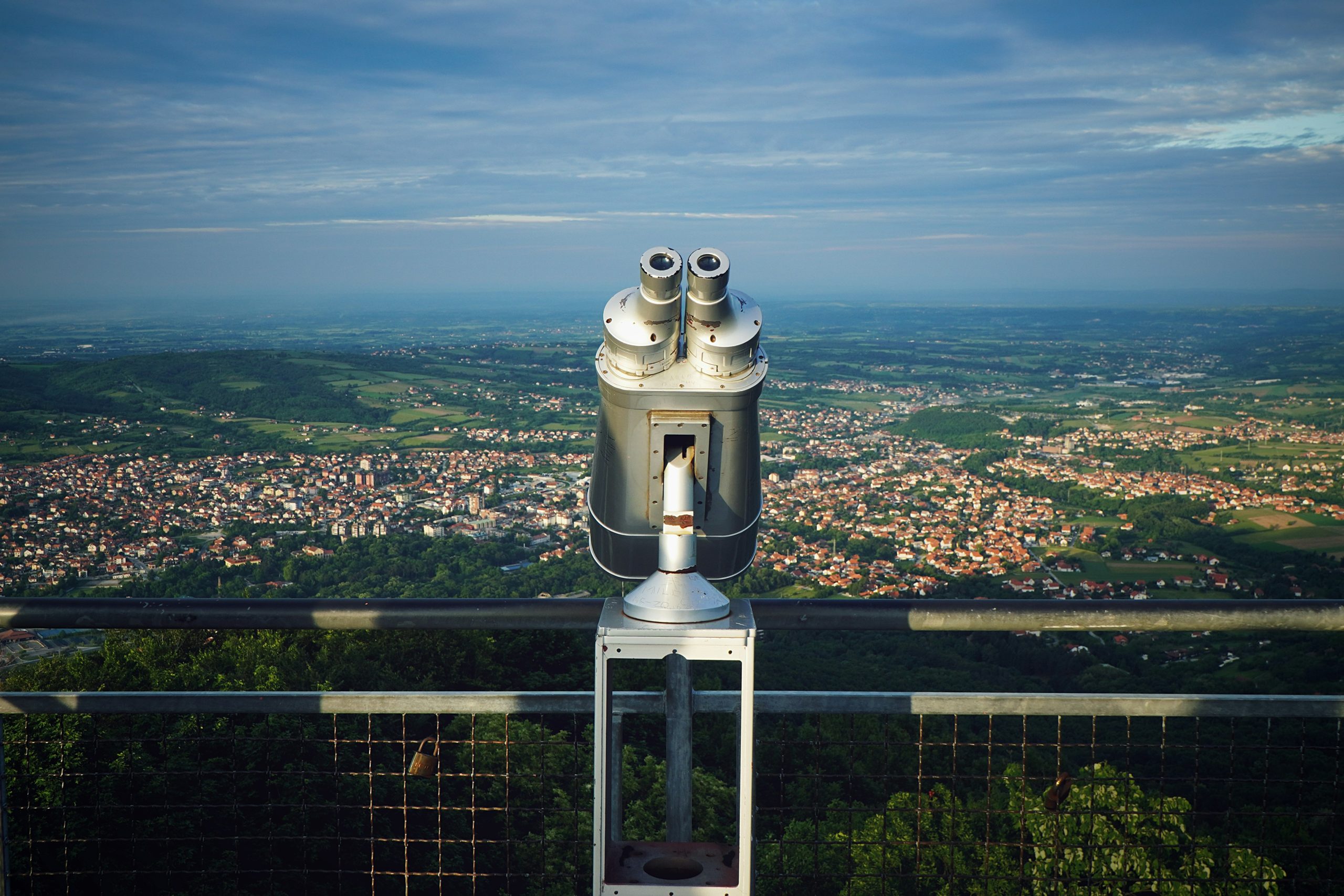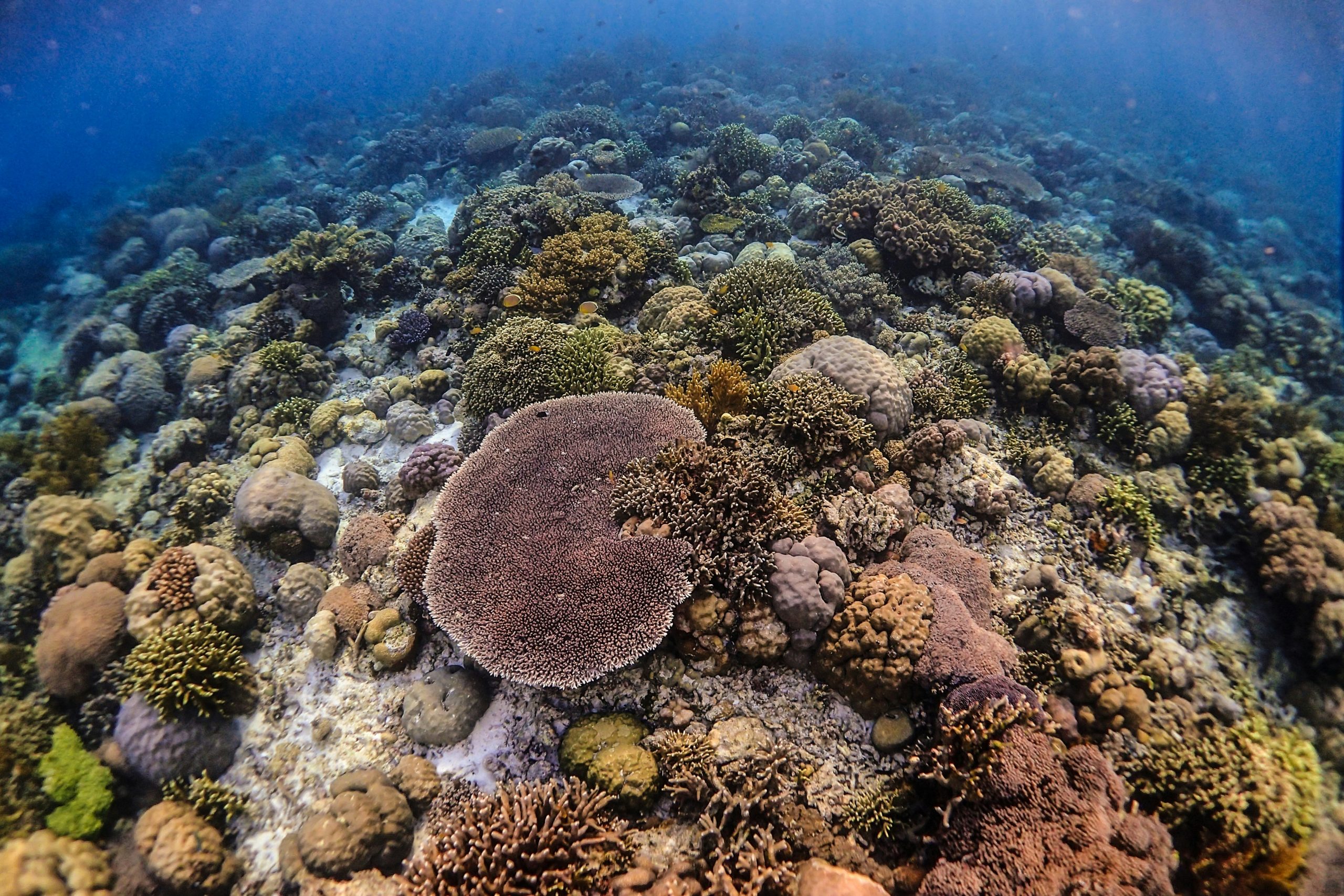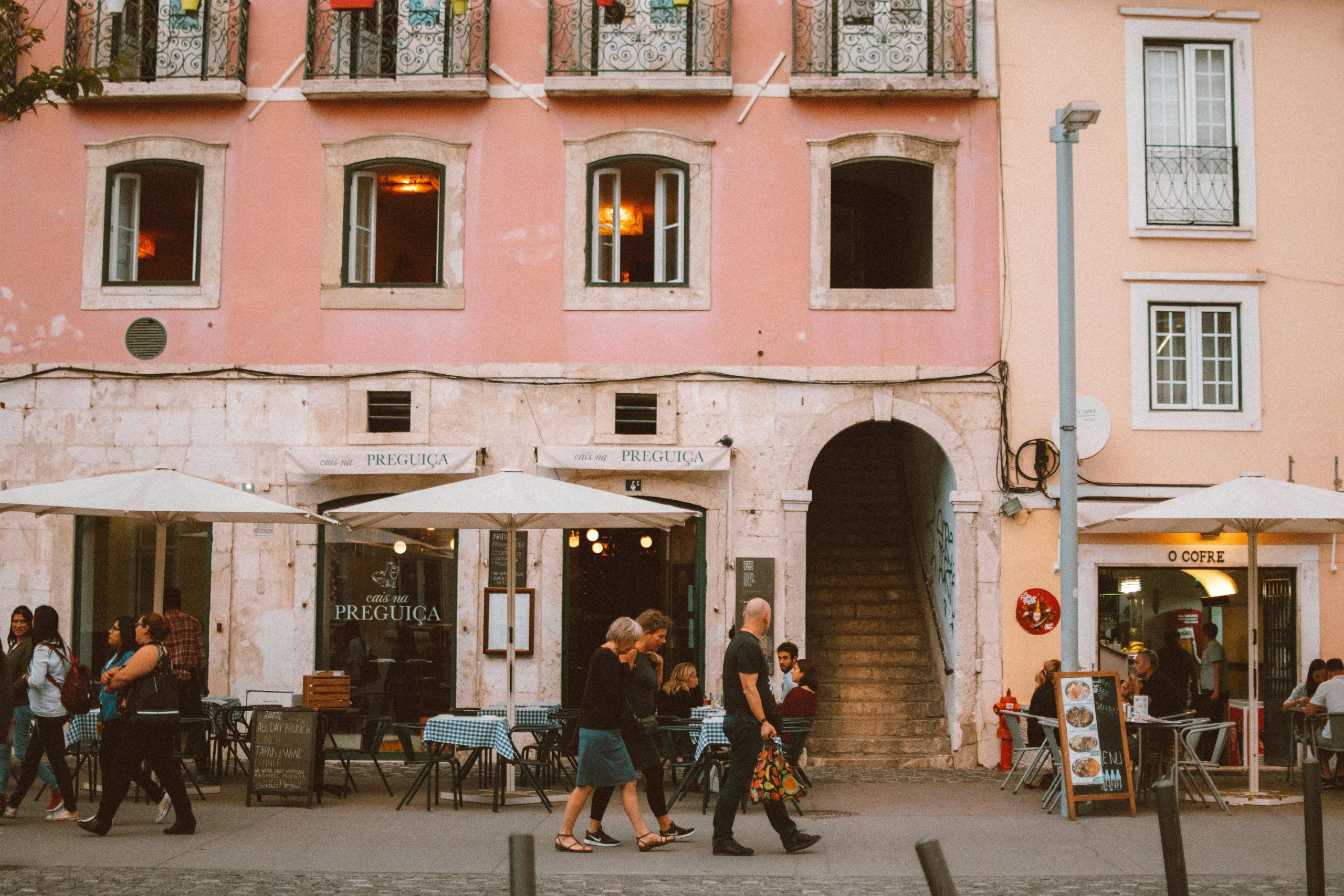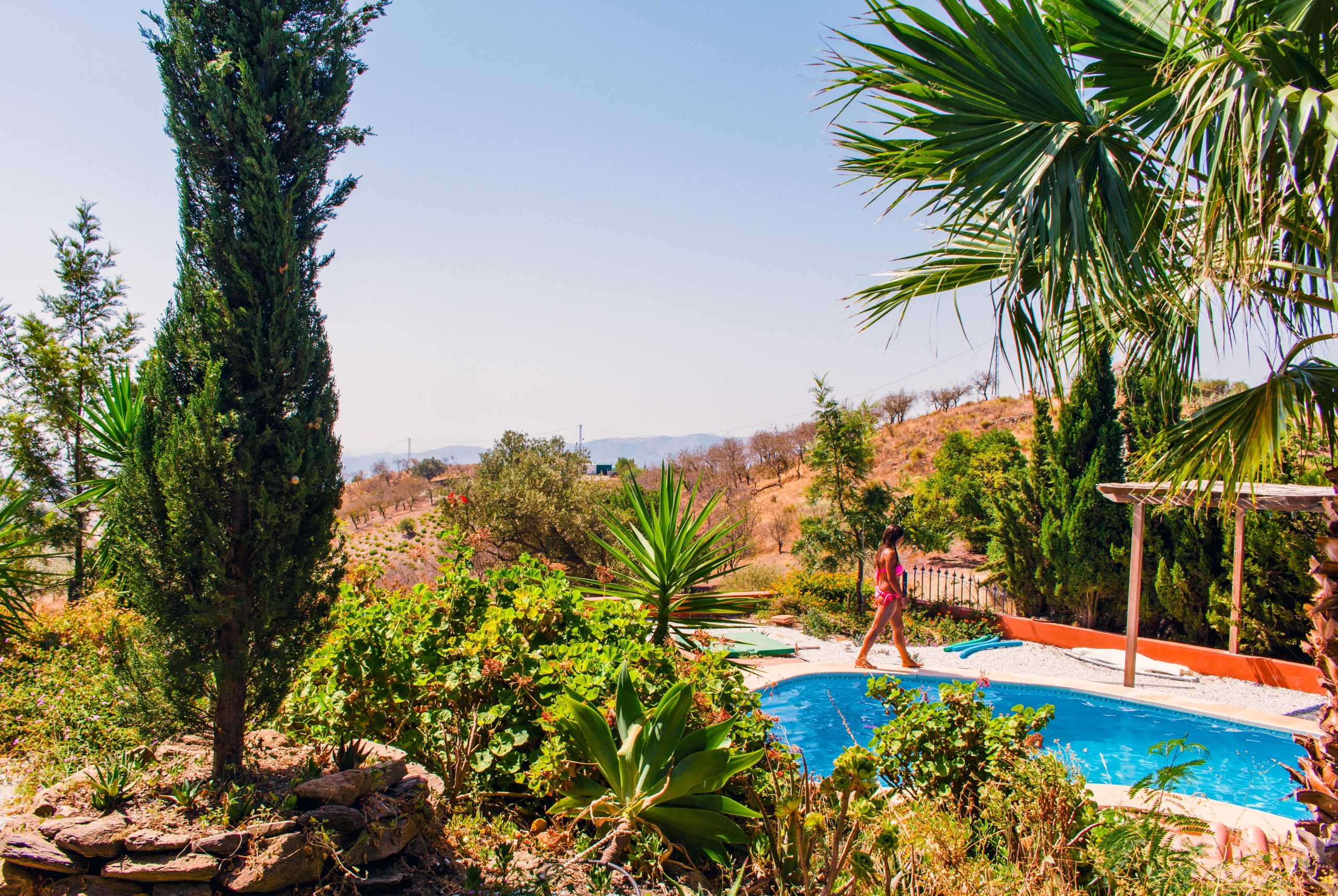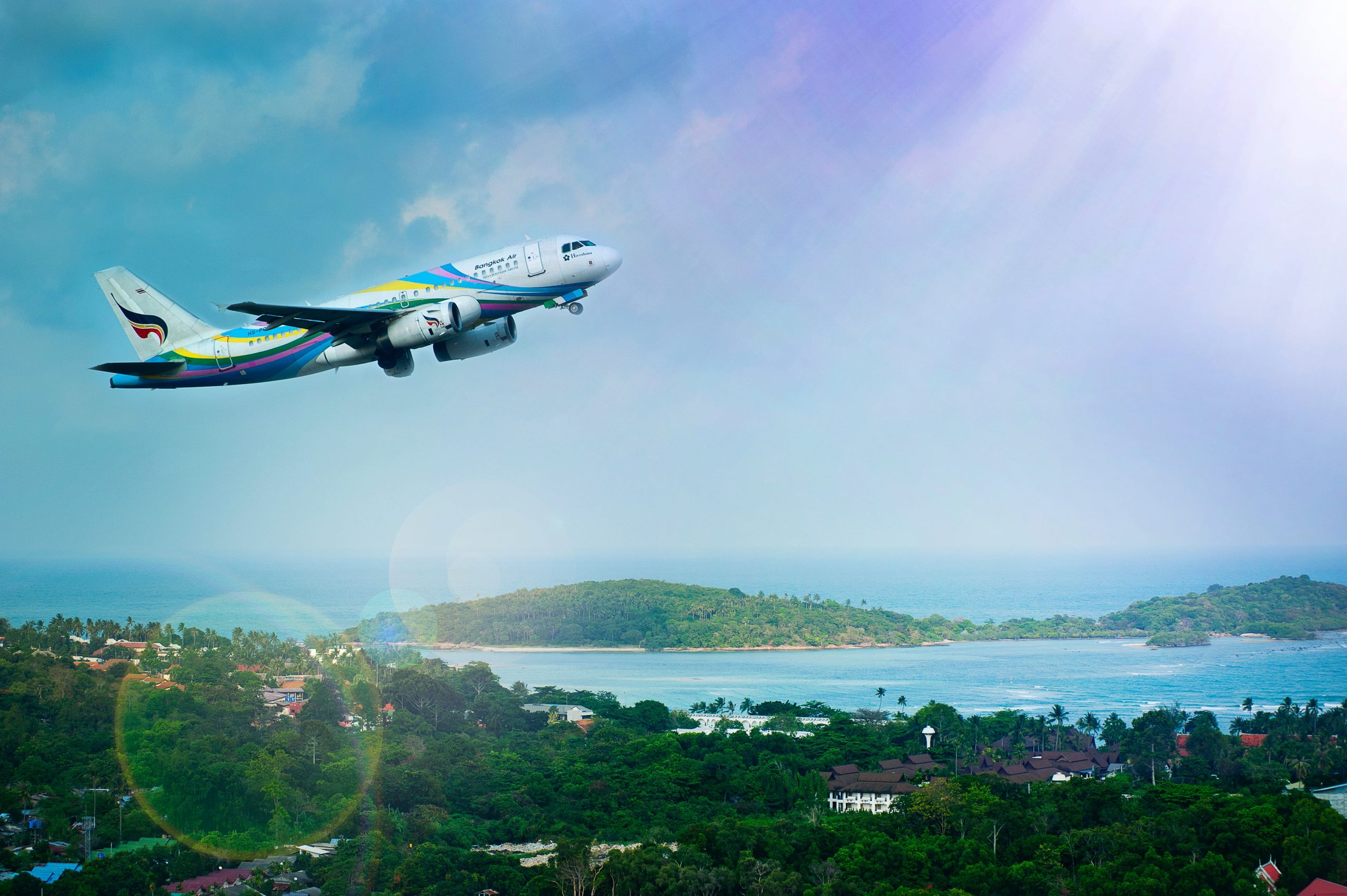Where is Tourism Leading? Tourist Trends for 2025
With only a few days left to close the year, I take this opportunity to reflect on the trends in key sectors with a global economic impact, such as tourism. In this article, I invite you to analyze the aspects that will endure and the trends that will define tourism in 2025. In Europe, according to data provided by Zurab Pololikashvili, Secretary-General of UN Tourism, regions like Europe, Africa, and the Middle East experienced significant growth, reaching remarkable figures after the pandemic. This trend will continue, and in Latin America and the Caribbean, although at a slower pace, a recovery is also being recorded. In the case of the Caribbean, growth is expected to rise due to the increased demand for cruises. In fact, as cited by the UN, 2024 was a positive year for the tourism industry, with a total of 1.1 billion tourists traveling to international destinations, representing a 98% recovery to pre-pandemic levels. These data are crucial for analyzing trends because, as I have pointed out in other articles, travelers' habits and consumer decisions are shaped by emerging factors. A few months ago, we discussed sustainable tourism and saw how this factor has become essential when choosing a destination.
Trends in Sustainable Tourism Investments 2024
Sustainability has evolved becoming a strategic key in tourism. In 2024, investments in sustainable tourism are focused on promoting low-impact environmental experiences that generate value for local communities. As an observer of this sector, it’s exciting to see how these investments not only address current demands but also envision a tourism model that balances economic growth with environmental respect. The demand for authentic and wellness-focused experiences is becoming increasingly relevant. Investors are betting on wellness retreats, nature-based activities, and cultural experiences. This approach not only enriches tourism but also enables a deeper connection with each destination’s identity, offering something unique and environmentally respectful. The shift toward renewable energy in tourism infrastructure is booming, promoting destinations that minimize their carbon footprint. This commitment to sustainability is key, positioning the industry as a leader compared to others. By reducing resource consumption, destinations become more attractive and aligned with the values of today’s travelers. These implementations not only benefit the environment, but also support the local economy throughout the year. It is certainly an example of how companies can adapt to reduce their impact without losing profitability.
Success Stories in Sustainable Tourism: Best Practices That Transform Destinations
Today, sustainability has become a fundamental pillar across all industries, and the tourism sector is no exception. This sector is seizing the opportunity to adapt to new trends and consumer demands, as well as to the objectives set out in the 2030 Agenda and the Sustainable Development Goals (SDGs), promoting a green economy. Within this green economy framework, sustainable tourism emerges as a key strategy that goes beyond the environmentally conscious traveler. It is a model where the destination, acting as the host, aims to meet the needs of visitors and industries while preserving natural and cultural resources without compromising future generations. The United Nations (UN) outlines three core principles for sustainable tourism: Make optimal use of environmental resources. Respect the sociocultural authenticity of communities, including architecture and traditions, among others. Ensure long-term economic activities that help reduce poverty. In recent years, sustainable tourism has experienced significant growth. According to Statista, the ecotourism market, an integral part of sustainable tourism, reached over $196 billion in 2023. A report by Booking also revealed that 76% of travelers are interested in traveling more sustainably, showing a trend toward more conscious travel. In fact, the same report highlighted that 43% of travelers are willing to pay
Second Semester Reflection: Emerging Trends in the Tourism Sector
As we begin the second half of the year, it is essential to stop and review on the emerging market trends. This pause will allow us to make informed decisions and, if necessary, adjust our objectives to ensure optimal results in our businesses. It is the right time to evaluate which aspects of the sector remain relevant and which require modifications to adapt to the new market realities. If, like me, you are passionate about the tourism sector, I invite you to join me in this analysis of the evolution of tourism for the remainder of the year. Unique Experiences A few weeks ago, we discussed wellness tourism and how this category has gained relevance as current travelers seek to improve their quality of life. This trend is closely linked to luxury tourism. According to Hosteltur, this type of tourism continues to resonate as travelers prioritize a lifestyle that promotes both external and internal well-being. This implies that destinations will be valued for the activities they offer, such as spiritual, gastronomic, and physical experiences. The demand for exclusive and transformative experiences continues to grow, and it is an opportunity we should not miss. Sustainable Tourism Environmental awareness is increasingly present in society, and travelers are
How Wellness Tourism Contributes to Sustainability
In today's economic environment, tourism stands out for its significant contribution to the global economy. However, it is crucial to examine the different types of tourism, especially those arising from new habits and adaptations of contemporary travelers. Among these, wellness tourism and sustainability emerge as fundamental pillars, integrating into all sectors, including tourism. On this occasion, I want to highlight how wellness tourism can drive sustainability. To begin, it is essential to understand what wellness tourism entails. This type of tourism gains importance as travelers seek experiences that enhance their quality of life, whether in emotional or health terms. This sector has seen notable growth, becoming an emerging trend that has significantly influenced the post-pandemic economy. According to "The Global Wellness Economy: Country Rankings" report published in January 2024 by the Global Wellness Institute, countries showing particularly strong post-pandemic recovery include Israel, the United Arab Emirates, Croatia, Romania, and the Czech Republic, all of which have large and growing wellness tourism sectors. The report also highlights that the wellness economy is projected to grow at a solid rate of 8.6% annually over the coming years, reaching nearly $8.5 trillion by 2027. This underscores that wellness tourism is not only beneficial for travelers
Tourism as a Tool for Marine Conservation
Tourism is one of the sectors with the greatest opportunity for growth and expansion, but it is also vulnerable to various challenges, such as natural disasters and unforeseen events like the COVID-19 pandemic. However, today I want to highlight the relevance and popularity of sustainable tourism, especially its influence on marine conservation. Does Sustainable Tourism Exist? If you are a regular reader, you will know that we have often referred to contemporary society as environmentally conscious consumers. This is confirmed by a note published by the German online statistics portal Statista, citing that approx 44% of respondents consider environmental protection one of the most important issues for their country. According to 2022 estimates, the sustainable tourism market was projected to grow annually by 33.3%, suggesting that by 2024, the percentage much be higher. Sustainable tourism involves respectful tourism activities that generate minimal environmental impact. How Does Marine Conservation Contribute to Sustainable Tourism? The reality is that, according to the Ocean Panel, coastal and marine tourism represents at least 50% of global tourism. This is largely attributed to the quality of ecosystems, which are crucial for attracting visitors. This presents a significant opportunity for countries, especially in the Caribbean, where tourism demand is primarily focused
Europe vs. Latin America: The Predominant Approach to Tourist Destinations
In the broad spectrum of global tourism, travelers' preferences play a decisive role in the development and popularity of tourist destinations. Europe and Latin America, each with their distinctive characteristics, have adapted their offerings to satisfy the interests and demands of international tourists. Europe and Latin America are regions with an unparalleled demand for tourists, but what do travelers really look for when choosing between Europe and Latin America? Europe: Culture and History Europe continues to be a magnet for travelers seeking a deep cultural and historical immersion. According to a study by the European Tour Operators Association, travelers choose Europe for its rich cultural heritage, iconic monuments and museums, and the opportunity to experience a diversity of cultures in close proximity. Cities like Paris, Rome, and Barcelona lead the preferences thanks to their unique blend of art, history, and gastronomy. Sustainability is also becoming a crucial factor. With a growing number of tourists concerned about the environmental impact of their travels, destinations like Amsterdam and Copenhagen that promote sustainable tourism practices are gaining popularity. These cities not only offer a rich cultural experience but also allow travelers to maintain an ecological approach. Latin America: Adventure and Nature Meanwhile, Latin America attracts those in search
Exploring the Travel Habits of Generation Z and Millennials
Imagine closing your eyes and upon opening them, you find yourself planning your next adventure. This isn't just a fleeting desire, but a reflection of a lifestyle that's gaining momentum among younger generations. Today, Generation Z and Millennials are redefining what it means to travel, infusing their values, preferences, and technology into the heart of their travel experiences. This article offers a detailed look at these emerging habits, starting from the travel behaviors and preferences of these generations. One of the most notable characteristics of Generation Z and Millennials is their focus on frequent travel, prioritizing experiences and adventures over the accumulation of material goods. This inclination reflects a broader desire to live fully and collect moments instead of objects. Sustainability: A Key Factor Sustainability, as in other sectors, is a critical element in the decisions of Generation Z and Millennials. These generations prefer brands and companies that demonstrate a genuine commitment to sustainability and social responsibility. According to an article in Conciencia Eco, Generation Z has shown a strong commitment to the environment and social change, even influencing the consumption decisions of previous generations towards more sustainable options. A global study indicates that 85% of consumers have changed their purchasing habits in favor
Investment opportunities in sustainable tourism
Tourism represented approximately four percent of the global economy before the outbreak of the COVID-19 pandemic. During 2020-2021, the sector experienced significant losses, including a marked decline in capital investment, which included foreign direct investment. Since then, global tourism has been recovering slowly but steadily, returning to pre-pandemic levels. According to the World Tourism Organization (UNWTO), investments are crucial for the recovery and future growth of tourism, aligned with Agenda 2030 and the Sustainable Development Goals. Through its recent 2022 Tourism Investment Report, it sheds light on an uneven recovery landscape and the urgent need to redesign our investment strategies focusing on education, sustainable infrastructure, innovation, and entrepreneurship. The report highlights that while tourism has shown signs of recovery, with a 5.3% increase in tourist arrivals in 2021, foreign direct investment (FDI) has remained low. In this regard, FDI in tourism decreased in 2021 and continued its decline in the first half of this year, despite the significant increase in air traffic in Europe. This disparity indicates that, although the demand for travel has improved, investments in the sector have not followed the same pace, posing a critical challenge that demands our attention. Despite this scenario, the report points out that investment is
Tourism 2024: navigating between challenges and opportunities
On the horizon of tourism for 2024, perspectives emerge as promising as they are challenging. The demand for sustainable tourism, with a focus on conserving natural environments and local culture, is expected to continue its ascent. Digitalization and the implementation of technologies such as artificial intelligence (AI) are transforming the visitor experience. However, this scenario also poses a crossroads for the sector: balancing the surge in demand with the urgent need to preserve the environment and, crucially, adapt to geopolitical tensions. Surge in demand and environmental sustainability According to the second World Tourism Barometer by the World Tourism Organization (UNWTO), international arrivals reached 80% of pre-pandemic levels in the first quarter of 2023. With 235 million tourists undertaking international trips during this period—more than double that of 2022—these figures reveal that, despite past challenges, tourism is regaining its vitality. However, this increased demand also underscores the urgent need to address environmental sustainability. In this context, a crucial question arises: How can the tourism industry meet growing demand without compromising natural resources and the cultural integrity of destinations? Digitalization, AI, and enhancement of visitor experience Simultaneously, digitalization and artificial intelligence have become key elements in the evolution of tourism. According to experts in an article


